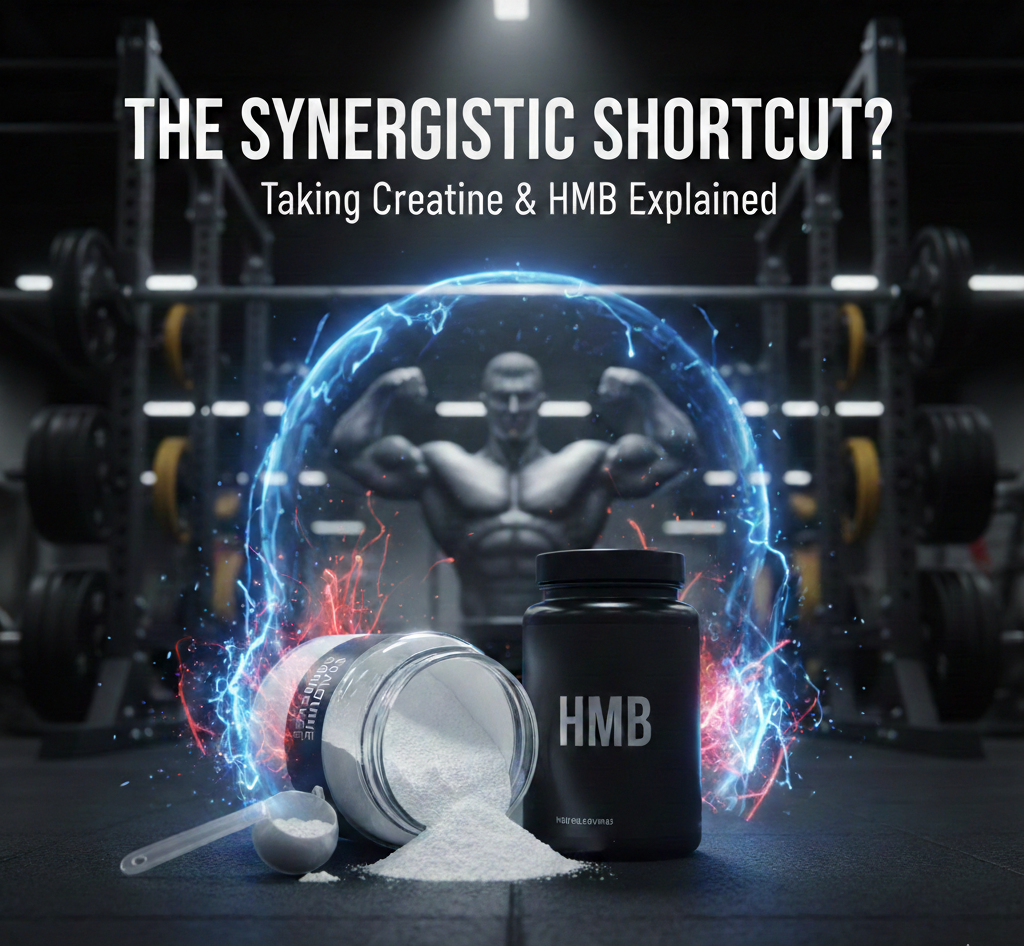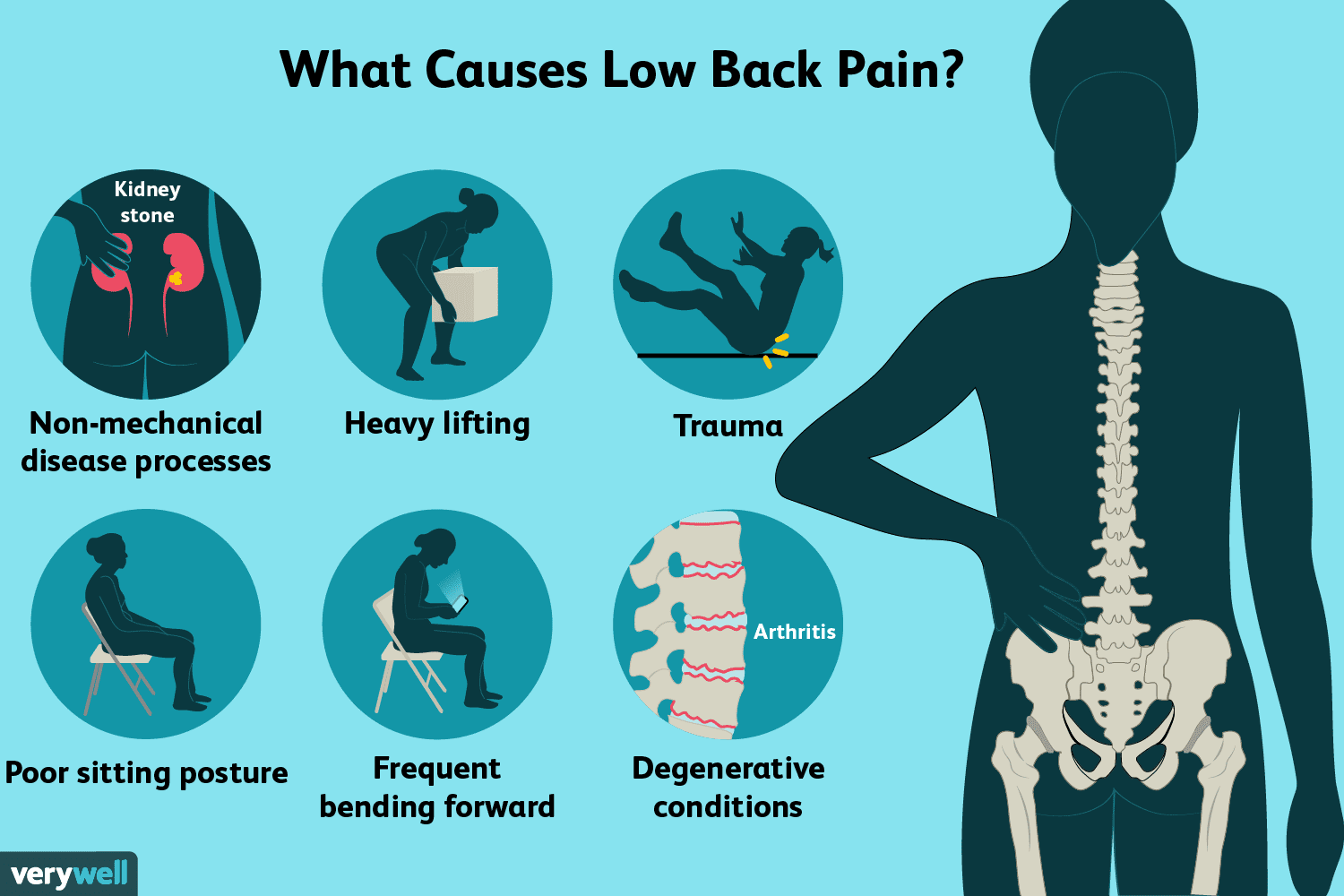Coffee has become a popular pre-workout ritual for many fitness enthusiasts. Drinking coffee before a workout can boost energy levels, improve focus, and enhance physical performance due to its caffeine content. Caffeine stimulates the central nervous system, which can lead to increased alertness and endurance.
Several studies suggest that caffeine consumption before exercise can also help in burning fat more efficiently. This is because caffeine can increase metabolism and the rate at which the body uses fat for fuel. Let’s find out how it works and whether there are better alternatives.
Understanding Caffeine and Its Effects on Exercise
Caffeine can influence energy levels, alertness, and focus, which are all vital for workout performance. Understanding how caffeine works, individual differences in sensitivity and tolerance, and its positive effects on exercise can help maximize its benefits.
The Role of Caffeine in the Body
Caffeine acts as a stimulant by blocking adenosine receptors in the brain. This action increases neuronal firing and the release of neurotransmitters like dopamine and norepinephrine. The result is heightened alertness and improved concentration.
Once ingested, caffeine is absorbed within 45 minutes and has a half-life of about 3 to 5 hours in most individuals. Its ergogenic aid properties contribute to better endurance and overall performance during a workout.
Caffeine Sensitivity and Tolerance
Sensitivity to caffeine varies among individuals due to genetic factors. Some people metabolize caffeine quickly, while others are slower, affecting how long its stimulating effects last.
Tolerance can build up with regular caffeine consumption, reducing its effectiveness over time. To manage tolerance, one might consider cycling caffeine intake or adjusting the dosage.
Positive Effects on Workout Performance
Caffeine has been shown to enhance physical performance by increasing endurance, strength, and power output. It achieves this by promoting fat oxidation, sparing glycogen stores, and reducing perceived effort and fatigue.
Pre-workout caffeine can also heighten mental focus and concentration, providing a competitive edge in both aerobic and anaerobic activities. The optimal dose ranges from 3 to 6 mg per kg of body weight, usually taken 30-60 minutes before exercise.
Pre-Workout Nutrition and Coffee

Combining coffee with the right nutrients before working out can enhance performance. It’s important to be mindful of what goes into your coffee and how it complements your overall pre-workout nutrition.
Balancing Nutrients with Caffeine
Caffeine provides a significant energy boost, which can be useful for enhancing workout performance. Including a balance of protein, carbs, and healthy fats can ensure sustained energy. For example, pairing black coffee with a small meal that includes a banana and a handful of nuts offers a good mix of quick energy from carbs and longer-lasting energy from fats.
Adding milk or a dairy alternative to coffee can provide extra protein and calories, making it a more substantial pre-workout drink. Be cautious of adding too much sugar, as it can lead to an initial energy spike followed by a crash. Hydration is also key; drinking water alongside your coffee is recommended to maintain fluid balance.
Healthy Additions to Your Pre-Workout Coffee
Healthy additions to pre-workout coffee can enhance its nutritional profile. For instance, including a splash of almond milk or soy milk can add healthy fats and protein without too many extra calories.
Avoid high-calorie additives like flavored syrups. Opt for natural sweeteners if you need a touch of sweetness. Cinnamon or cocoa powder can be excellent low-calorie options to add flavor without excessive sugar.
Some athletes add a scoop of protein powder directly to their coffee. This can help to meet their protein needs, especially if they are short on time. This combination supports muscle repair and recovery, making it a practical option for those looking to maximize their workout benefits.
Timing Your Coffee Intake Before Exercise
Drinking coffee before a workout can boost physical performance, but the timing is crucial to maximize its benefits. The effects of caffeine can vary depending on when it is consumed relative to exercise.
Best Time to Drink Coffee Pre-Workout
To enhance athletic performance, it’s recommended to drink coffee around 30 to 60 minutes before starting your workout. This is when caffeine levels peak in the bloodstream, providing optimal energy and focus.
Ingesting it too early may cause the effects to wear off mid-exercise. Too late and you may not feel its benefits until after your workout.
For sensitive individuals, it’s essential to test timing in practice sessions to find the sweet spot for performance enhancement. Proper hydration should also be maintained, as caffeine is a diuretic.
Timing pre-workout coffee can significantly influence the results of your exercise regimen.
Physical Benefits and Performance Enhancements
Drinking coffee before a workout can offer multiple physical benefits and enhance various aspects of athletic performance. Key effects can include improved strength, increased endurance, and variations in caffeine metabolism between men and women.
Short-Term Performance Boost
Caffeine can provide a short-term boost in physical performance. This includes increased strength and power, making it easier to lift heavier weights or sprint faster.
Athletes often experience enhanced muscle strength and better aerobic endurance. Blood flow to muscles can also improve, resulting in more efficient oxygen use.
The stimulant effects lead to elevated adrenaline levels, which can prompt quicker responses and improved overall speed.
Long-Term Athletic Advantages
Regular consumption of coffee before workouts may contribute to muscle recovery and aid in maintaining optimal body mass.
Consistency in caffeine intake has been linked to sustained enhanced physical performance and long-term improvements in aerobic endurance. Over time, athletes who consume caffeine regularly might notice better muscle strength and power during their training sessions and competitive events.
Gender Differences in Caffeine Metabolism
Men and women metabolize caffeine differently, which can affect how each gender experiences the physical benefits of coffee before a workout.
Men might process caffeine faster, leading to quicker boosts in strength and power. Women, on the other hand, could experience prolonged effects, which can be beneficial for aerobic endurance and muscle recovery.
Fitness routines and performance outcomes may vary based on these metabolic differences, influencing how athletes optimize their caffeine intake for workouts.
Potential Side Effects of Pre-Workout Coffee

Pre-workout coffee consumption can have notable side effects that may affect performance and health, including anxiety, sleep disruption, and an increased heart rate. Understanding these impacts can help make informed choices about integrating coffee into a fitness routine.
Recognizing Negative Reactions
Consuming coffee before a workout may lead to negative reactions such as anxiety, jitters, and a rapid heartbeat. These effects arise from caffeine, a natural stimulant, that can overstimulate the nervous system.
Some individuals might experience an upset stomach or nausea, particularly if they have a sensitivity to caffeine. Increased heart rate and nervousness can also occur, making the workout feel more strenuous than beneficial.
Monitoring how the body reacts to pre-workout coffee is crucial. If negative symptoms like a rapid heartbeat or muscle pain appear, it may be wise to adjust the dosage or timing.
Impact on Sleep and Recovery
Coffee’s caffeine content can also impact sleep and recovery. Consuming coffee late in the day or before an evening workout may lead to insomnia or sleep disruption. Poor sleep quality can hinder muscle recovery and overall performance.
Additionally, even if consumed earlier in the day, high caffeine intake can affect the length and depth of sleep cycles. This disruption can contribute to decreased muscle recovery and potential overtraining issues.
Adjusting caffeine intake and monitoring sleep patterns can help mitigate these side effects, ensuring that pre-workout coffee consumption is both effective and healthy.
Coffee Preparation and Types
Different types of coffee have unique benefits and impacts on workouts. Choosing the right brew and understanding specialty coffees can make a difference in your performance and health.
Choosing the Right Brew
Selecting the appropriate coffee type is crucial before a workout. Brewed coffee is popular and easy to prepare, often containing about 95 milligrams of caffeine per 8-ounce serving. Espresso shots, more concentrated, offer about 65 milligrams per ounce. This is ideal for a quick energy boost without consuming a large volume.
French press coffee highlights the richness of the beans and offers a fuller flavor profile. It can be enjoyed hot or iced based on preference. Adding plant-based milk could aid those who are lactose intolerant or prefer dairy alternatives.
Specialty Coffees and Their Impacts
Specialty coffees like iced lattes or mochas can be both delicious and functional before a workout. They often incorporate espresso shots for a significant caffeine boost. The addition of milk, whether dairy or plant-based, provides extra protein which can be beneficial for muscle recovery.
Be cautious with flavored syrups and sweeteners that are common in specialty coffees. These can add unnecessary calories and sugar, which might affect performance. A regular coffee or plain espresso might be more reliable for maintaining energy without the added sugar highs and lows.
Psychological and Cognitive Effects
Drinking coffee before a workout can have notable impacts on brain function and motivation, aiding mental clarity and enhancing focus.
Caffeine’s Influence on Mental Clarity
Caffeine improves mental clarity by blocking adenosine receptors in the brain.
Adenosine is a neurotransmitter that promotes relaxation and drowsiness. When caffeine inhibits these receptors, it leads to increased alertness and wakefulness, providing a clear-headed feeling.
This can help during workouts where quick decision-making and concentration are vital. Some studies suggest caffeine can boost cognitive function, enhancing the ability to focus on tasks and activities.
The result is a sharper mind, which can improve workout performance by ensuring that exercises are performed correctly and efficiently.
Boosting Motivation and Mental Focus
Caffeine also has a direct impact on motivation through increased levels of dopamine, the neurotransmitter associated with pleasure and reward.
Higher dopamine levels can make the idea of a workout more appealing, encouraging individuals to push through tough sessions. This motivates users to achieve their fitness goals more effectively.
Additionally, caffeine enhances mental focus, allowing for sustained attention throughout an exercise routine. This increased focus aids in maintaining proper form, ultimately reducing the risk of injury.
The combined effect is a more engaging and productive workout session, fueled by enhanced cognitive and psychological benefits.
Recommendations for Coffee Intake
To get the most out of drinking coffee before a workout, it’s essential to understand the appropriate dosage and how to balance it within your fitness routine. These factors can affect the benefits such as increased vertical jump height or enhanced performance in activities like cycling or running.
Dosage Guidelines for Different Workouts
For Moderate Workouts: Activities like light jogging or yoga typically benefit from 1 cup of coffee (around 95 mg of caffeine). This amount can improve focus without causing jitteriness.
For Intense Workouts: Rigorous exercises like squats or high-intensity interval training (HIIT) can require 2 cups of coffee (around 190 mg of caffeine). Higher doses can boost endurance and power output.
List of suitable coffee dosages:
- Light activities: 95-100 mg
- Medium activities: 150-200 mg
- Intense activities: 190-250 mg
Creating a Balanced Fitness Routine
Coffee is a beneficial pre-workout drink, but balance is critical. Include potassium and calcium-rich foods like bananas and yogurt to offset coffee’s diuretic effects. For those sensitive to caffeine, combining a small amount of coffee with a snack like peanut butter toast can stabilize energy levels.
In a balanced fitness routine:
- Incorporate variety: Mix running, cycling, and strength training.
- Stay hydrated: Drink water to maintain hydration.
- Monitor effects: Adjust coffee intake based on your body’s response.
By tailoring coffee consumption to the type of exercise and maintaining a balanced diet, individuals can enhance their workout performance effectively.
Conclusion
Drinking coffee before a workout can offer various benefits.
Benefits:
- Increased energy: Caffeine can boost energy levels, enhancing performance.
- Enhanced focus: Helps improve mental clarity and concentration.
Potential Drawbacks:
- Digestive issues: Some may experience stomach discomfort.
- Increased heart rate: May not be suitable for everyone.
Recommendations:
- Assess personal tolerance to caffeine.
- Start with small amounts.
- Consider the timing of consumption to avoid sleep disruption.
Future Considerations:
- More research is needed on long-term effects.
- Consider individual health and fitness goals when deciding.
A Better Alternative
While coffee can be an excellent natural pre-workout option, it’s worth noting that many sports nutrition companies now offer specialized pre-workout supplements. For instance, Health Nutrition provides a range of pre-workout products that combine caffeine with other performance-enhancing ingredients. These products are designed to deliver targeted benefits for different types of workouts and individual needs.
Source link










